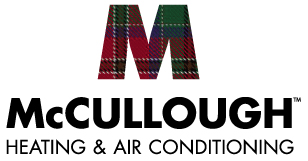4.8 Google Rating
Our Blog
Free Energy Audits for Westlake Homes: Cut Energy Bills, Boost Comfort & Upgrade Smarter
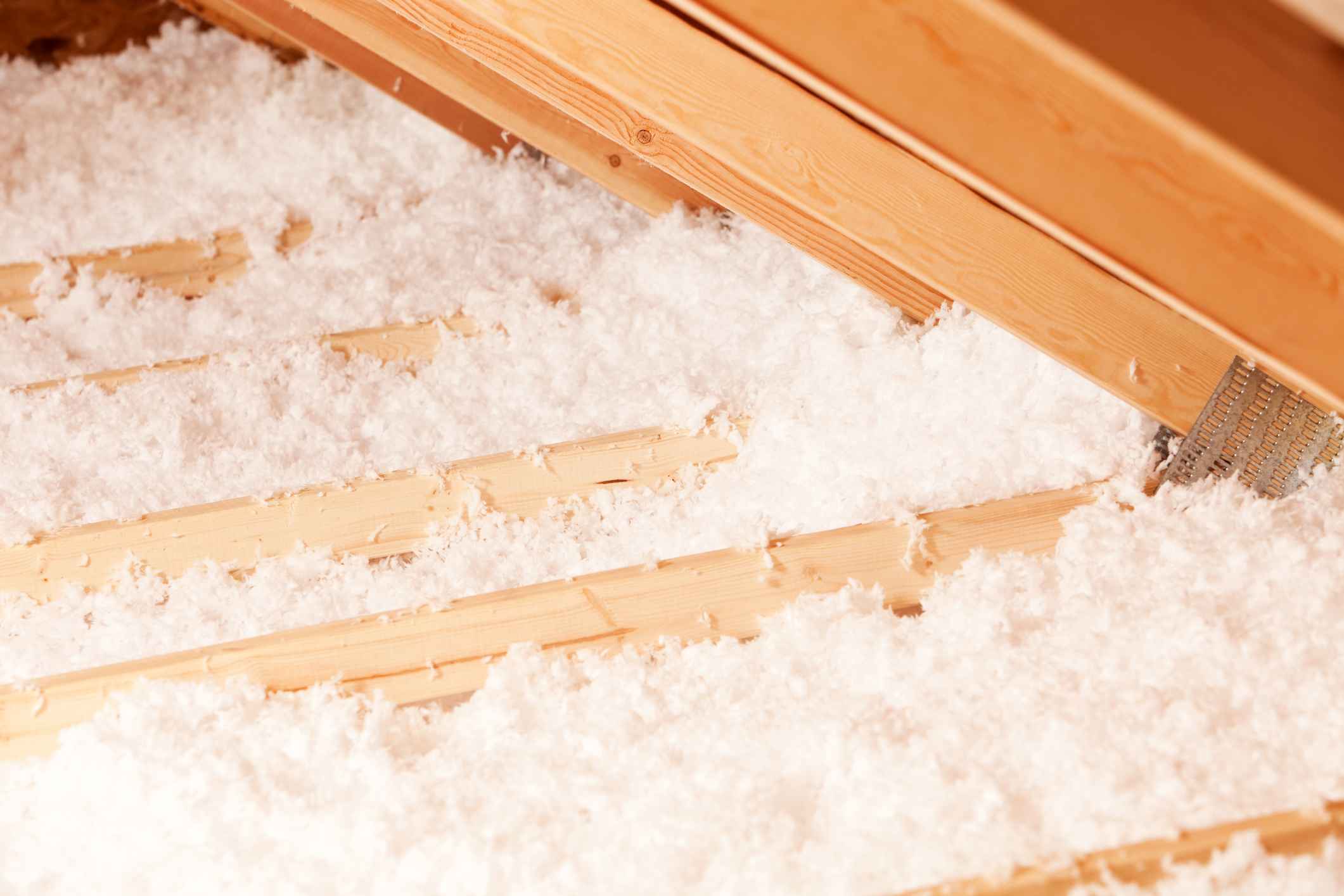
Is Your Austin Home Using Too Much Energy? Here’s How a Free Energy Audit Can Help You Save Big
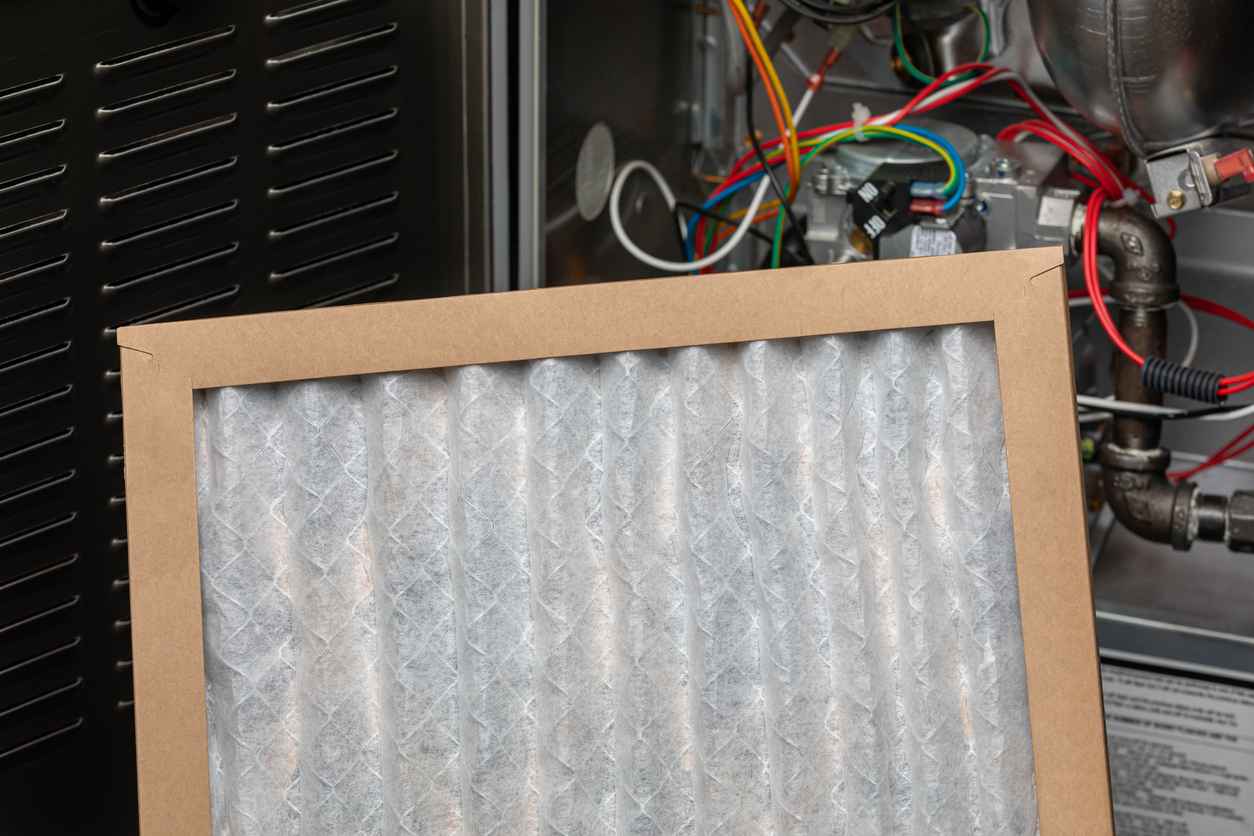
Cold Snap Coming? What Austin Homeowners Should Do Now to Prevent Heat Loss and Heating System Failure
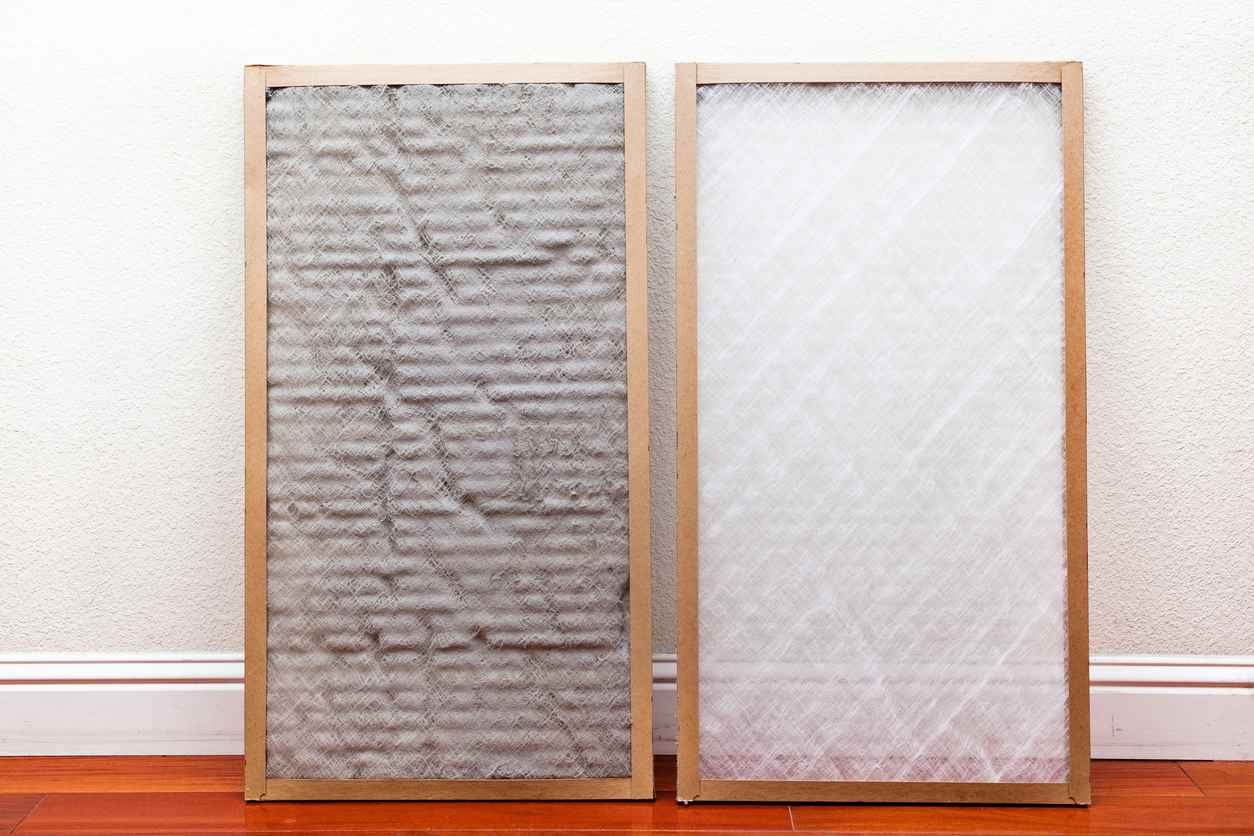
Best HVAC Filters for Cedar Fever in Austin
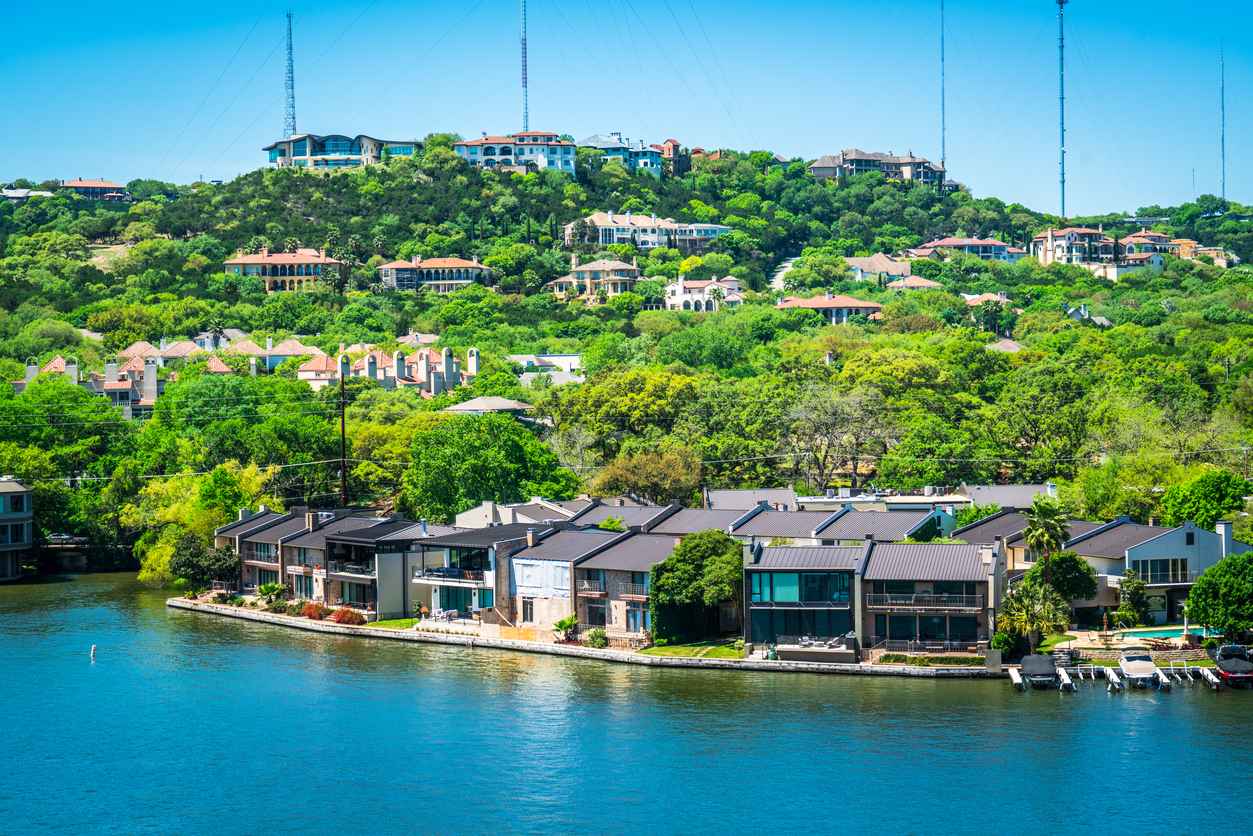
HVAC Maintenance Tips for West Lake Hills Homes with Larger Floor Plans and Multiple Zones
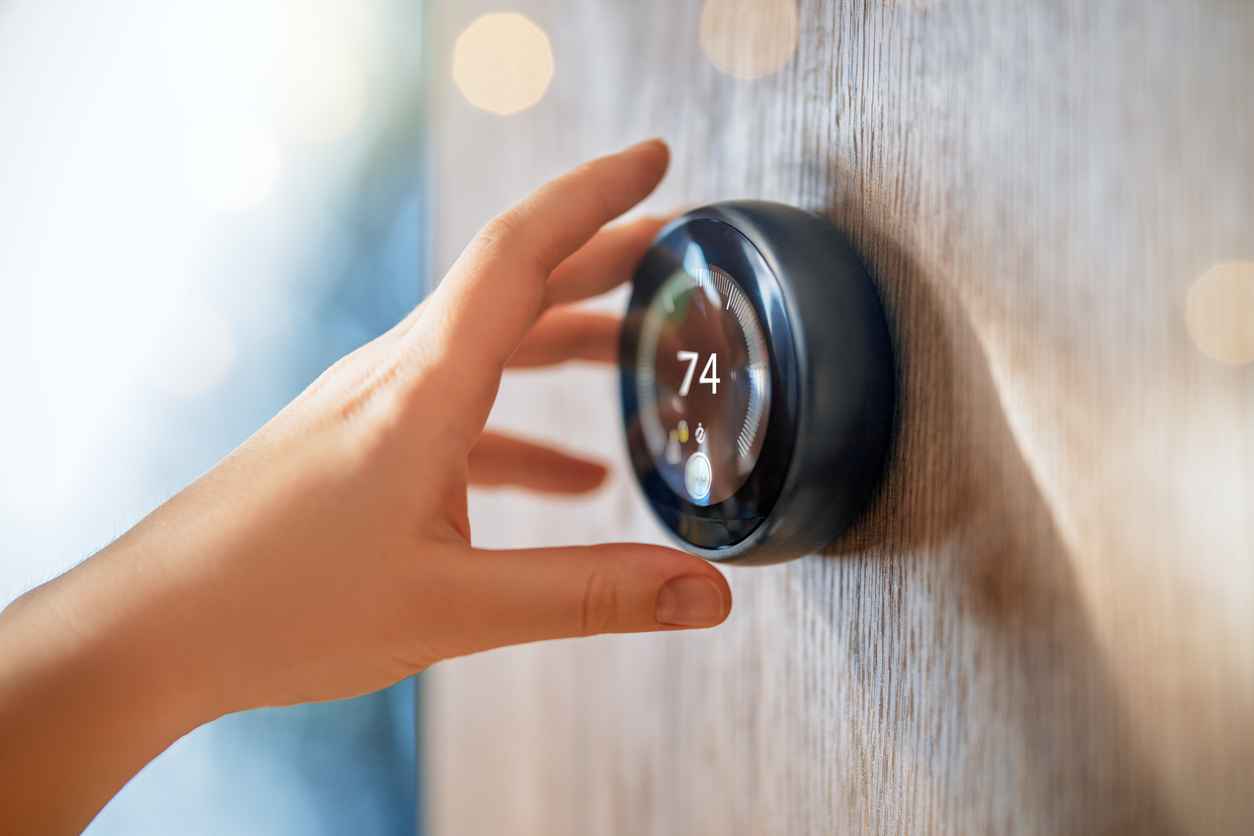
How Austin Homeowners Can Prepare Their HVAC Systems for Sudden Winter Cold Snaps
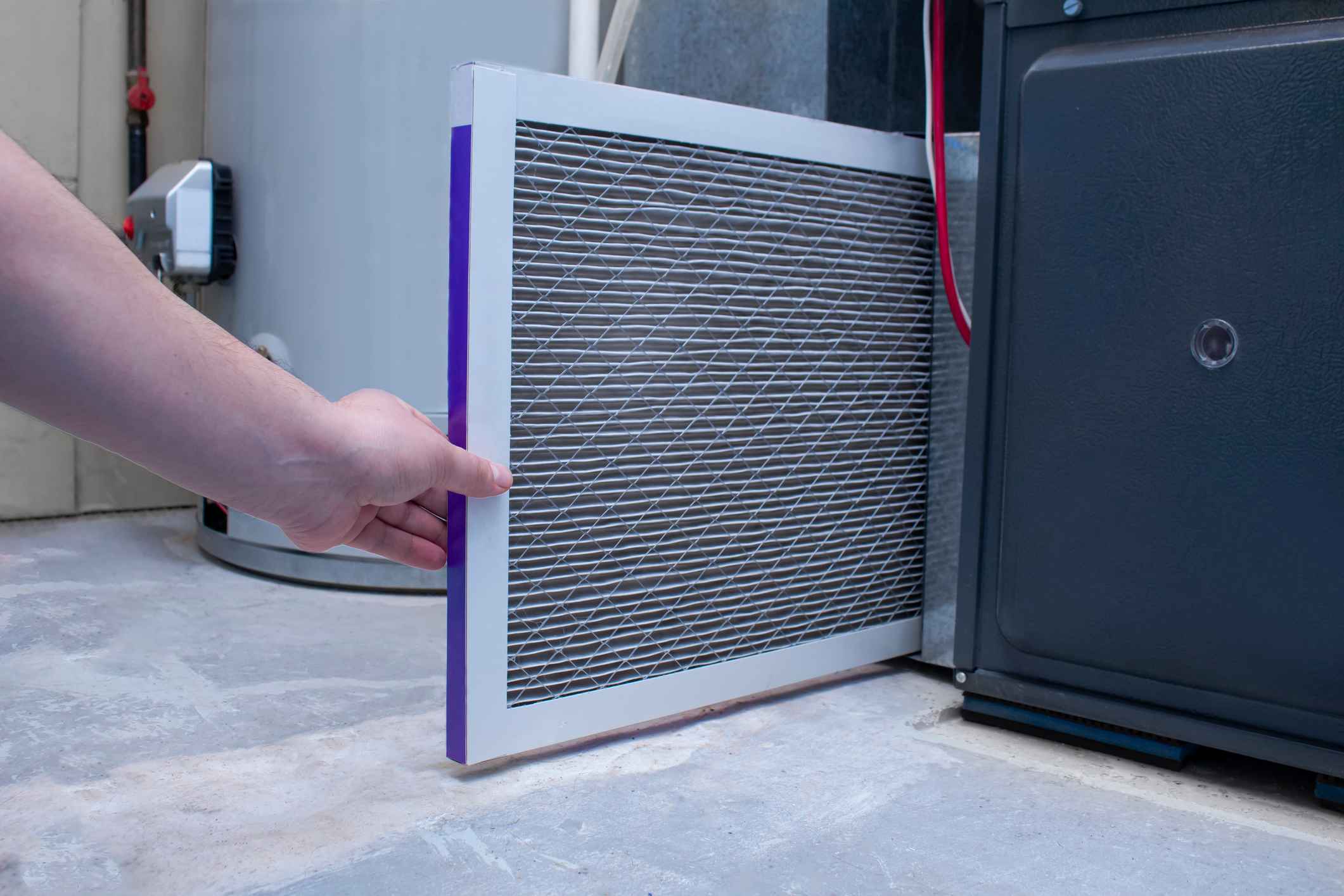
Holiday Indoor Air Quality Tips for Austin Homes: Keep Your Air Clean While Hosting Guests
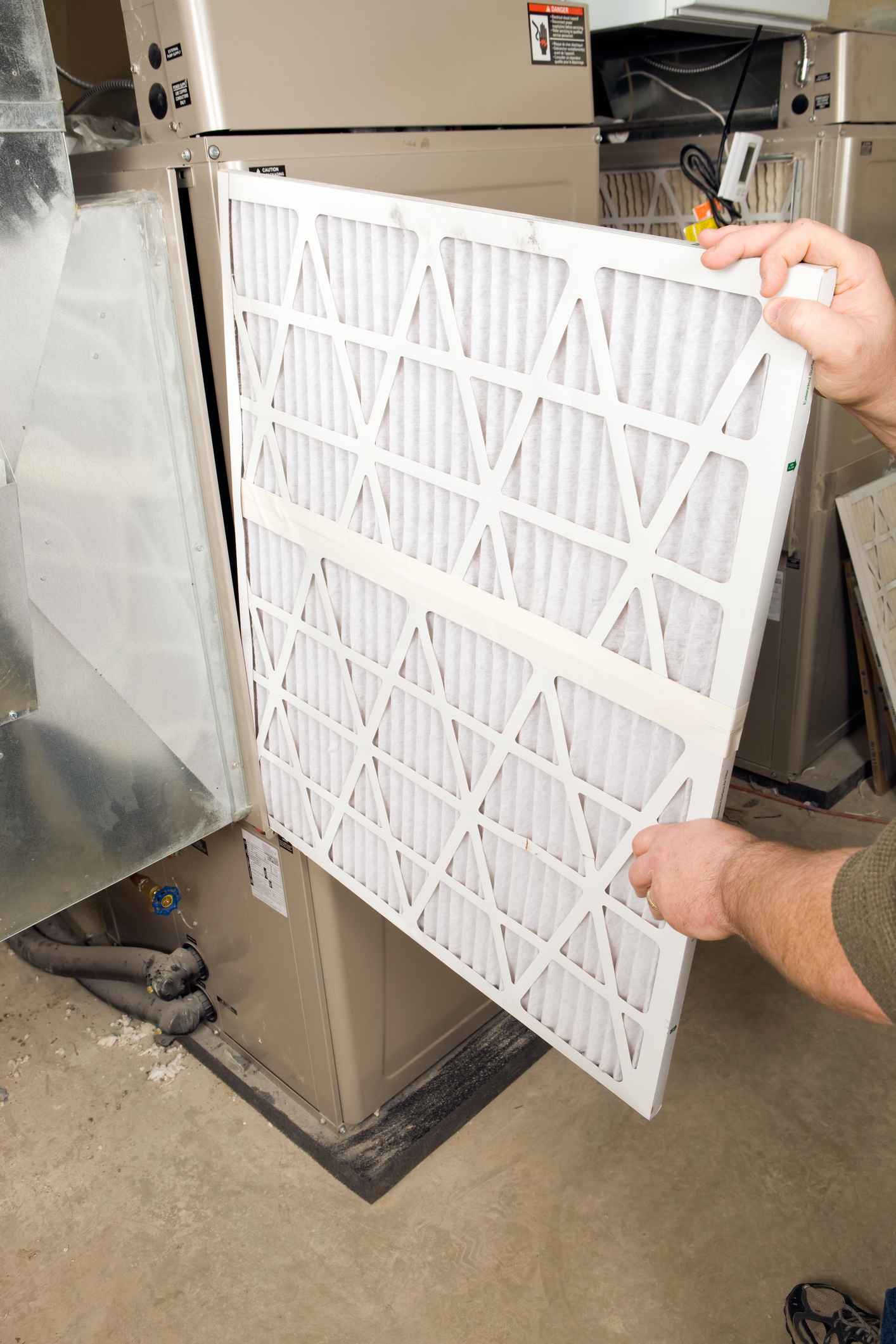
December HVAC Checklist: How Austin Homeowners Can Stay Warm During Sudden Cold Snaps


